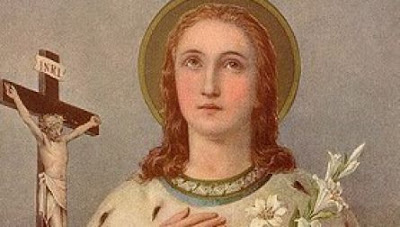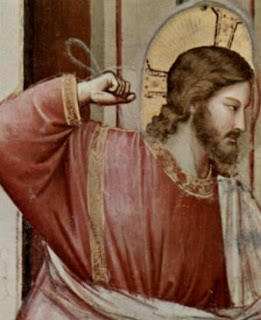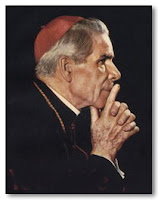Commentary for the 4th Sunday of Lent, Year B: "This Man Nicodemus..."

Fr. Kevin O'Sullivan, O.F.M. This man Nicodemus had a half-open mind as regards Jesus. He was moved by his teaching and miracles. He defended him when his companions were out to have Jesus arrested. He helped to have him properly buried when his enemies had him put to death, but that was as far as he went, apparently. There is no mention of him in the first Christian community of Jerusalem. What held him back, what kept him from giving himself fully to Jesus who spoke so kindly and told him so clearly that he himself was indeed a teacher who had come from God, that he had been offered by God as the sacrificial victim who would save the world? All Nicodemus had to do was to accept his word, "believe in him" and be baptized and he too would have eternal life. Why did he not do this? The answer is given in the beginning of his story "He came to Jesus by night." He was one of the leading Pharisees and evidently was afraid of what they would think of him had



